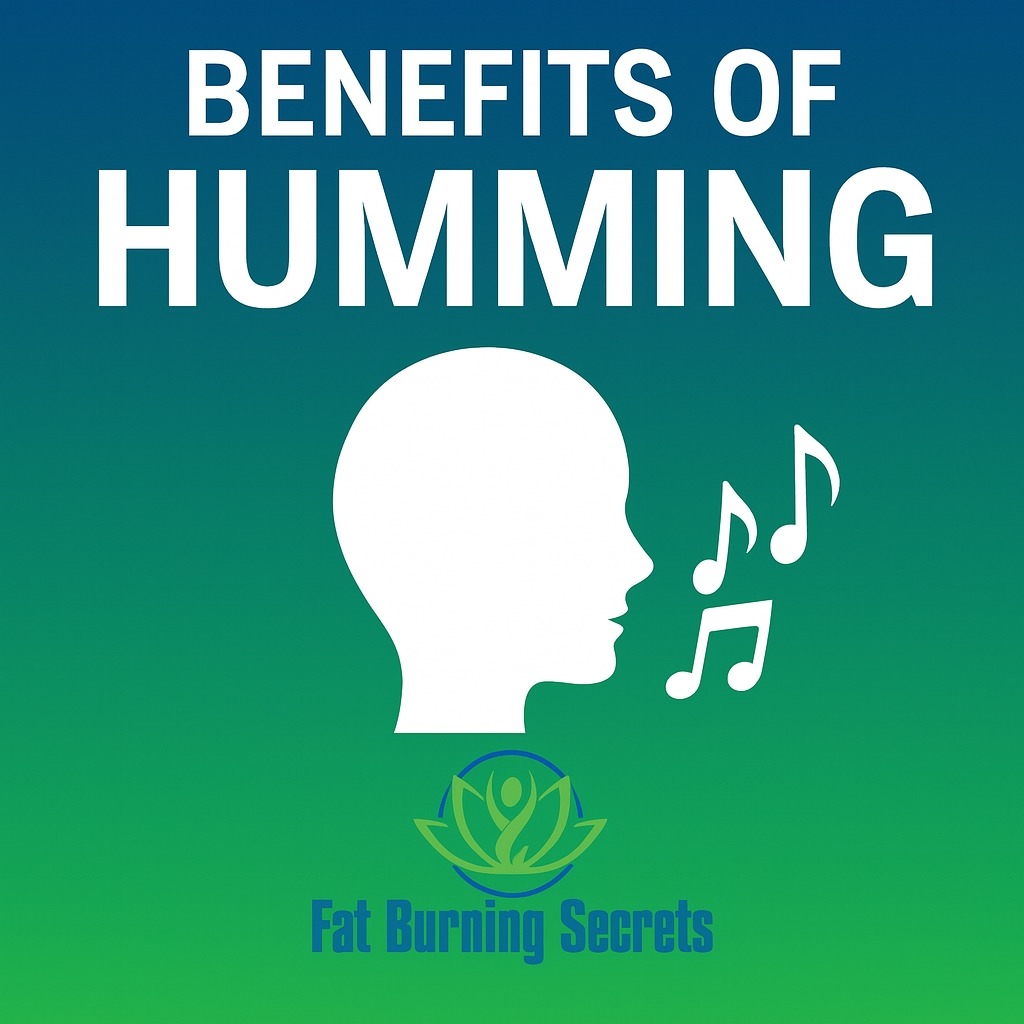
Welcome to a fascinating exploration of the varied benefits of humming. Yes, you read it right—this seemingly simple act of generating musical vibration holds surprising power for our overall well-being. While humming is often done subconsciously, emerging research and anecdotal evidence suggest it’s much more than a quirky habit. Today, we’ll dive deep into how humming can support your physical and mental health, and why you might want to make it a regular part of your daily routine.
Unconventional Yet Effective: Understanding the Benefits of Humming
Humming is a universal human behavior. Whether you’re humming along to your favorite tune, using it to soothe a child, or simply doing it absentmindedly, you’re tapping into a practice with ancient roots and modern scientific backing. Let’s explore the many ways humming can benefit your mind and body.
1. Stress Reducer
One of the most immediate and noticeable effects of humming is its ability to reduce stress. When you hum, you activate the parasympathetic nervous system—the part of your nervous system responsible for rest and relaxation. This activation helps lower levels of the stress hormone cortisol, induces tranquility, and promotes a sense of calm.
How does it work? Humming naturally slows your breathing and extends your exhalation, which signals your body to relax. The gentle vibrations produced by humming can also have a soothing effect on the vagus nerve, which plays a key role in regulating mood and stress levels.
2. Sleep Enhancer
If you struggle with falling asleep or staying asleep, humming might be a simple and natural solution. The calming effect of humming can help quiet a racing mind and prepare your body for rest. The rhythmic, repetitive nature of humming acts as a natural lullaby, making it easier to drift off and enjoy deeper, more restorative sleep.
Tip: Try humming softly for a few minutes before bedtime as part of your wind-down routine. Focus on slow, deep breaths and let the vibrations ease you into a state of relaxation. Be sure to inhale through your nose.
3. Breath Control and Lung Function
Humming is a gentle but effective way to improve breath control and lung capacity. When you hum, you naturally slow your breathing and extend your exhalation, which can help strengthen your respiratory muscles and improve oxygen exchange.
This is particularly beneficial for people who practice yoga, meditation, or aerobic exercise, where controlled breathing is essential. In fact, certain yogic practices, such as Bhramari Pranayama (the “bee breath”), use humming as a core technique to enhance breath awareness and lung function.
4. Sinus Health and Airflow
If you suffer from sinus congestion or frequent sinus infections, humming may offer relief. The vibrations produced during humming help to open up the sinuses, promote better airflow, and regulate pressure within the sinus cavities.
A study published in the journal American Journal of Respiratory and Critical Care Medicine found that humming increases the production of nitric oxide in the nasal passages, which can help reduce inflammation and improve sinus health. Nitric oxide also has antimicrobial properties, which may help protect against infections.
Mental Workout and Cognitive Benefits
Humming isn’t just good for your body—it’s also a workout for your brain. The act of humming can stimulate certain regions of the brain associated with memory, attention, and emotional regulation. Engaging in musical activities, even as simple as humming, has been shown to enhance neuroplasticity (the brain’s ability to adapt and change) and support cognitive function.
Some research suggests that regular humming or singing may help improve memory recall and mental clarity, especially in older adults.
Practical Ways to Incorporate Humming Into Your Routine
- Morning Routine: Start your day with a few minutes of gentle humming to set a calm, positive tone.
- During Stressful Moments: When you feel overwhelmed, pause and hum softly to yourself. Focus on your breath and the soothing vibrations.
- Before Bed: Use humming as part of your bedtime ritual to help signal to your body that it’s time to wind down.
- While Exercising: Incorporate humming into your warm-up or cool-down to enhance breath control and relaxation.
- Mindful Breaks: Take short humming breaks throughout the day to reset your mind and body.
FAQs
Q1: Can humming improve mental health?
A1: Yes, humming can promote relaxation, reduce stress, and support emotional well-being by activating the parasympathetic nervous system and soothing the vagus nerve.
Q2: How can humming contribute to sleep?
A2: The calming vibrations and slow, rhythmic breathing associated with humming can help quiet the mind and prepare the body for restful sleep.
Q3: Does humming have physical health benefits?
A3: Absolutely. Humming supports better breath control, lung function, and sinus health, and may even boost nitric oxide production in the nasal passages.
Summary
Humming, a common act we often overlook, provides a surprising array of advantages for both mental and physical health. From stress reduction and improved sleep to enhanced lung function and sinus health, the benefits of humming are well worth recognizing and incorporating into your daily life. Even a few minutes a day can make a noticeable difference in your well-being.
Key Takeaways
- Humming helps reduce stress and enhance sleep, contributing positively to mental health.
- It aids in breath control, lung function, and sinus health.
- Regular humming can help activate certain regions of the brain, aiding memory recall and cognitive function.
- Humming is a simple, accessible practice that can be easily integrated into daily routines.
Call To Action
Why not experience the benefits of humming for yourself? Try incorporating this simple act into your daily routine and observe the positive changes in your mental and physical health. Happy humming!
Additional Reading
Nitric Oxide Production & Sinus Health
Study Title: The polyvagal theory: New insights into adaptive reactions of the autonomic nervous system
Author: Stephen W. Porges
Journal: Cleveland Clinic Journal of Medicine (2009)
Findings:
- Vocalizations like humming stimulate the vagus nerve, which enhances parasympathetic activity (rest and digest).
- This can improve heart rate variability (HRV), emotional regulation, and stress resilience.
Mindfulness and Psychological Benefits
Study Title: Effects of humming and breathing techniques on perceived stress and heart rate variability
Authors: S. K. Telles et al.
Journal: International Journal of Yoga (2021)
Findings:
- A short daily practice of humming with controlled breathing reduced perceived stress and increased HRV.
- Participants experienced improved mood, relaxation, and focus.
Vagus Nerve Stimulation & Heart Rate Variability
Study Title: The polyvagal theory: New insights into adaptive reactions of the autonomic nervous system
Author: Stephen W. Porges
Journal: Cleveland Clinic Journal of Medicine (2009)
Findings:
- Vocalizations like humming stimulate the vagus nerve, which enhances parasympathetic activity (rest and digest).
- This can improve heart rate variability (HRV), emotional regulation, and stress resilience.
Cognitive Reframing: Transform your Thinking, Transform your Life
Author: Richard H. Webb
Site: FatBurningSecrets.life (this site)


